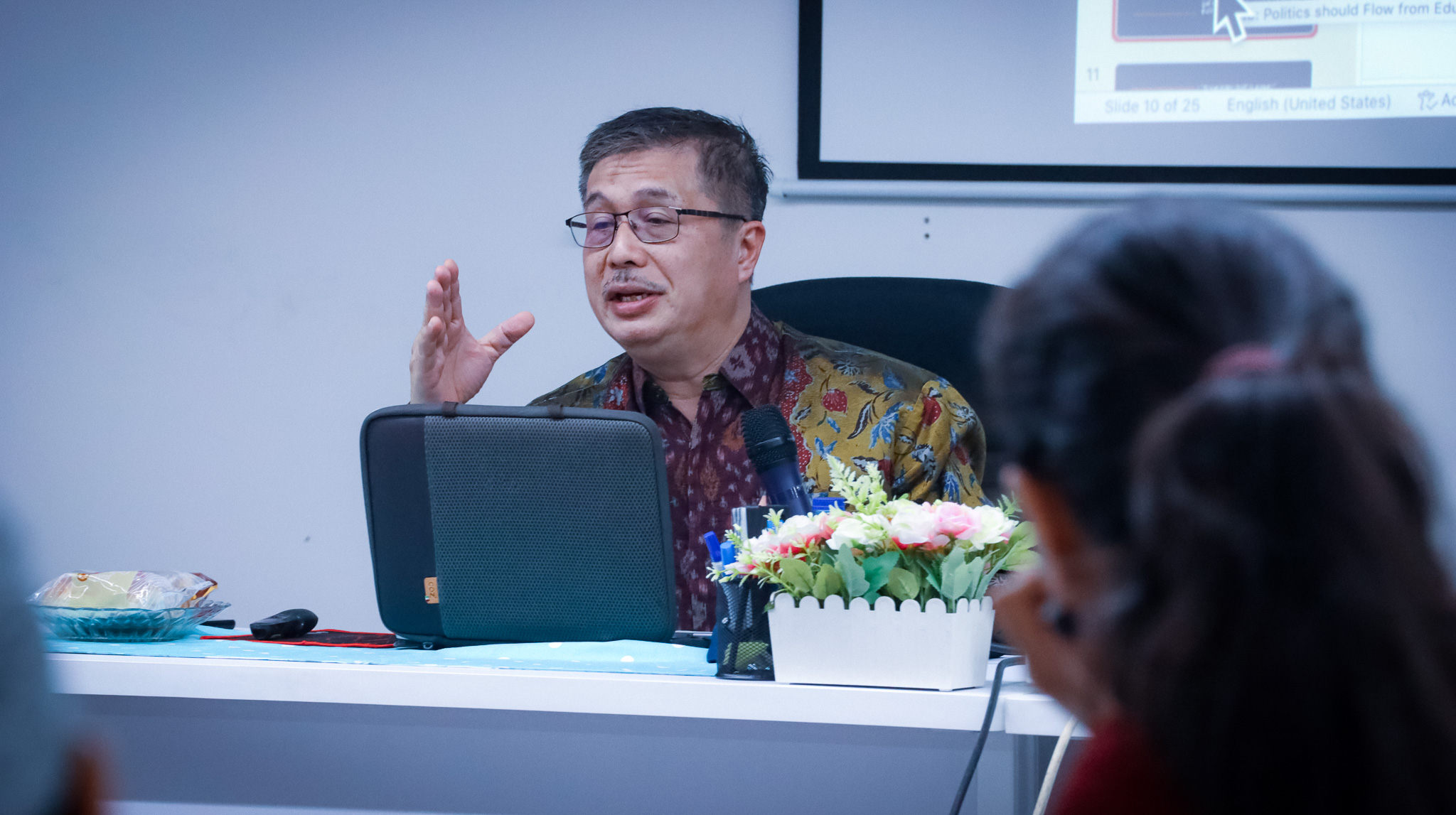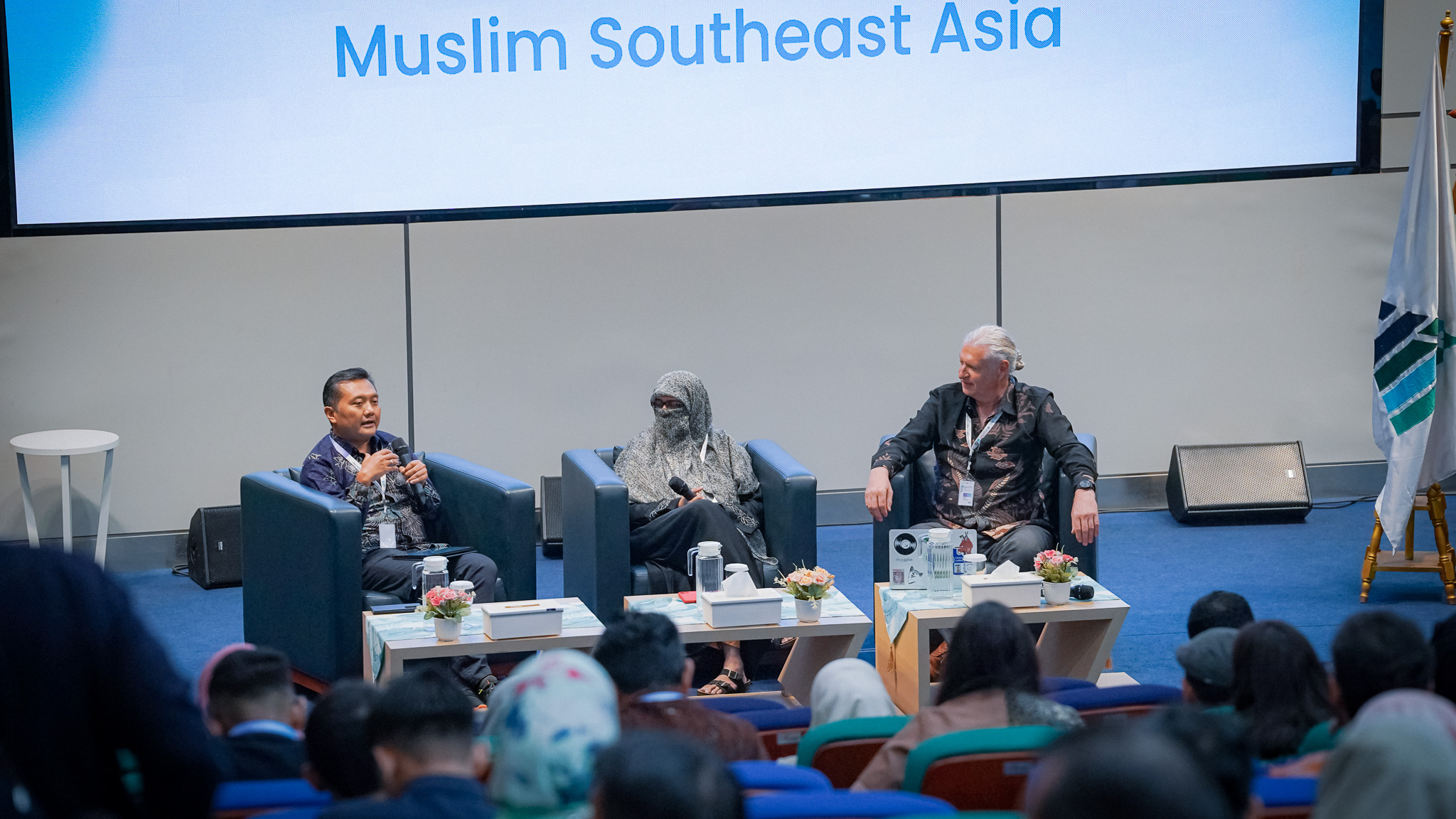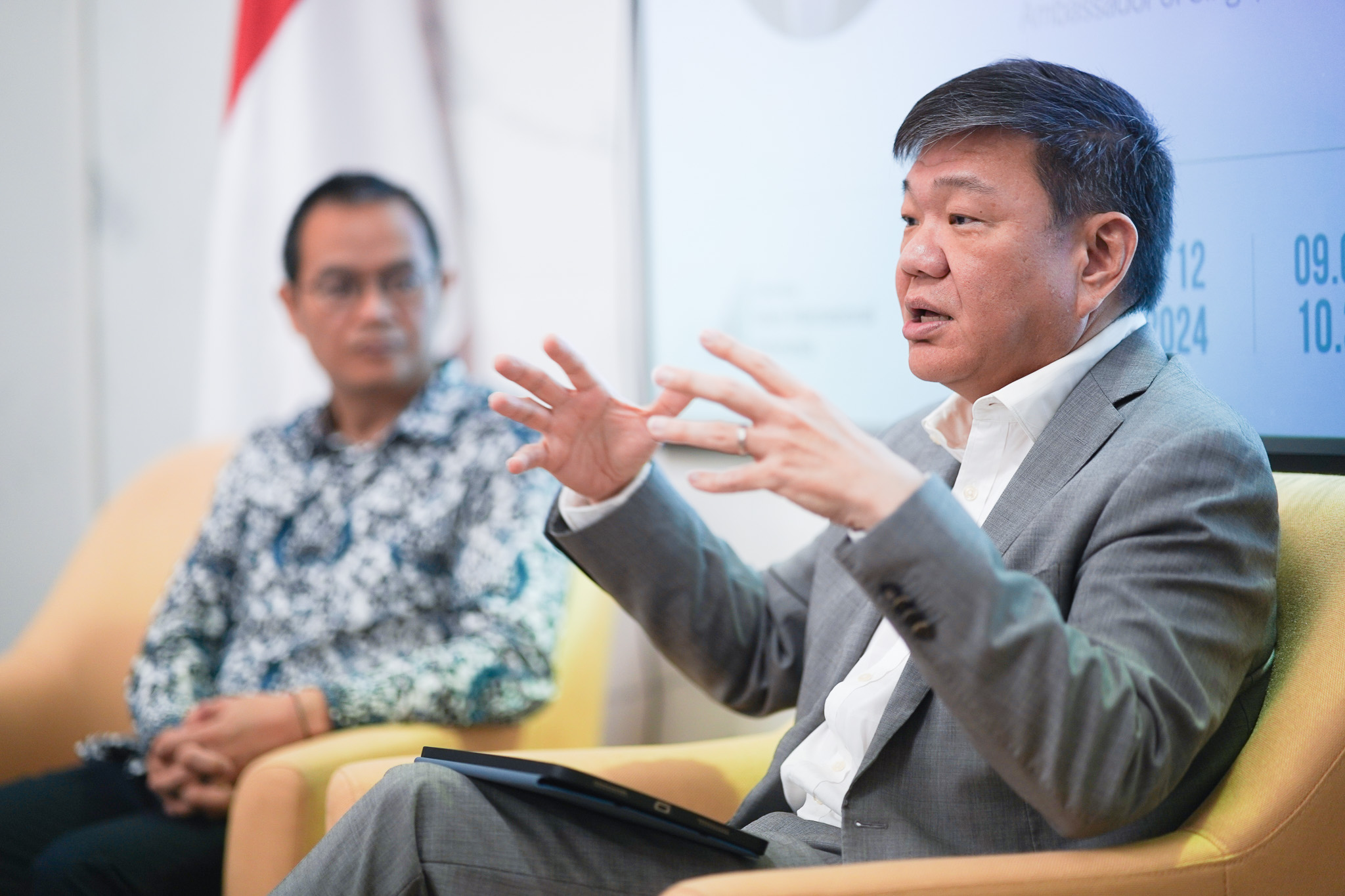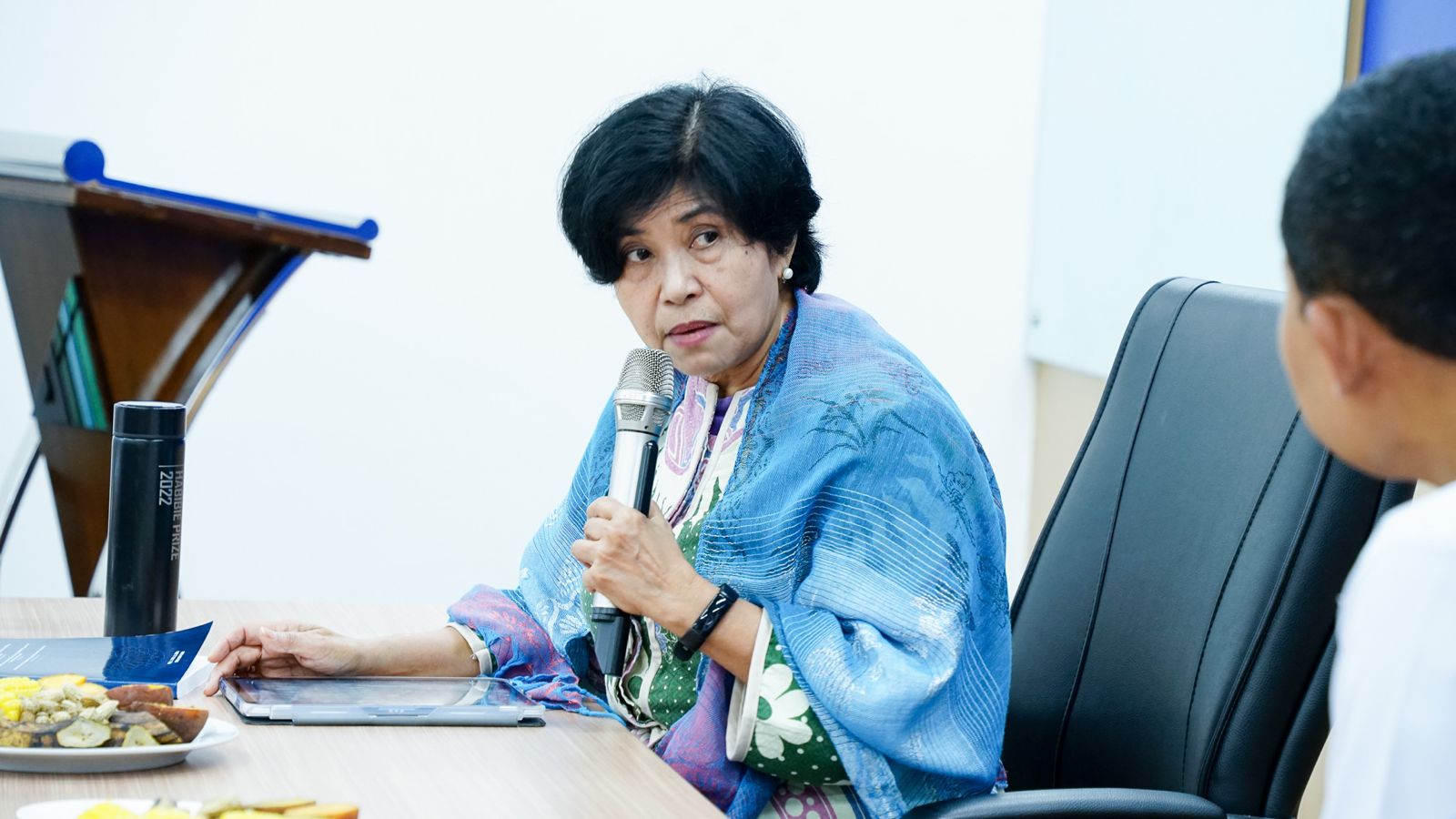Nexus Between Education and Politics: A Deep Dive with Prof. H. M. Sirozi
June 06, 2023Contributor: Maroof Ahmed | Editor: Supriyono

In a recently organized #LunchTalk on May 25, 2023, the Faculty of Education at the Universitas Islam Internasional Indonesia (UIII) dives deep into the topic “Understanding Relation between Education & Politics” featuring Prof. H. M. Sirozi, a revered academic at the Tarbiyah and Teacher Training Faculty of UIN Raden Fatah Palembang.
Addressing the nexus between education and politics, Prof. Sirozi contended that education is inherently political and each educational activity constitutes a political act. This perspective shapes the understanding of the deep connection between education and politics, a concept that began to take root towards the end of the 20th century.
Prof. Sirozi provided a comprehensive overview of the evolution of this idea. According to him, the concept gained prominence primarily through the essay "Toward an Understanding of American Public School Politics" penned by Thomas Eliot in 1959. He pointed out that this work revolutionized the way scholars saw education, leading to a heightened call to recognize school politics.
He further shed light on how this change in perception was further catalyzed post-1959 as schools began to emerge as core political institutions, dovetailing with the bureaucratic and managerial revolutions that were transforming public education. By the mid-1960s, critics started to challenge this industrial management orientation, promoting a more democratic approach to school organization and instruction, inspired by educational progressives like John Dewey.
Elucidating the philosophical underpinnings of his argument, Prof. Sirozi referenced key thinkers like Plato, who posited that education is not merely for individual self-improvement but a means to achieve both individual and social justice. Further, drawing upon the wisdom of Michel Foucault, he underscored that power and knowledge are intertwined, leading to the conclusion that "power reproduces knowledge by shaping it in accordance with its anonymous intentions."
Prof. Sirozi proposed that the interaction between education and politics is neither uni-directional nor static. As articulated by Sean McAlevey in 2014, the relationship is more symbiotic, with educational institutions shaping political institutions and vice versa. He identified the potential relationships between the two as reciprocal, coercive, and cynical, and noted that they could also be productive and mutually rewarding.
According to Prof. Sirozi, the main aspects of the education-politics relationship include the formation of group attitudes, the creation and distribution of jobs, and the political role of intellectual groups. He suggested that considering the political contexts that shape the conceptions of education and guide the pedagogical practice is crucial. As such, he urged the audience to question how societies and social organizations use power to establish regulations and allocate resources, as well as how education empowers certain individuals, groups, and viewpoints over others.
Prof. Sirozi concluded his talk by presenting possible policy implications of the education-politics relationship. These implications ranged from rhetorical and symbolic to conditional, pragmatic, and real-committed. His insights provide a robust understanding of the intertwining dynamics of education and politics, and the need to critically evaluate these relationships in shaping the future of education and society.
- Grit, Innovation, and Adaptation: Key Themes in FoE’s 3rd Graduate Forum for Education Future
- Student-Led Research Community Series Kick Off with Academic Publishing Session
- Advancing Institutional Governance through Risk Management Training
- A Night of Unity: International Iftar Brings Students Together in Celebration
- Vice Minister Joins Iftar with UIII International Students, Hearing Their Stories
- FisFastFest Showcases ‘TransformMe’ Spirit with Intense Quiz Competition
- Ramadan Unites Us: UIII Hosts Iftar Gathering to Strengthen Bonds
- It’s Time for Africa! UIII Aims to Expand Outreach in African Continent
- Future Innovators Gather at UIII for 1000x Challenge Mentoring & Briefing
- UIII and Al-Azhar Strengthen Ties for the Advancement of Islamic Civilization


